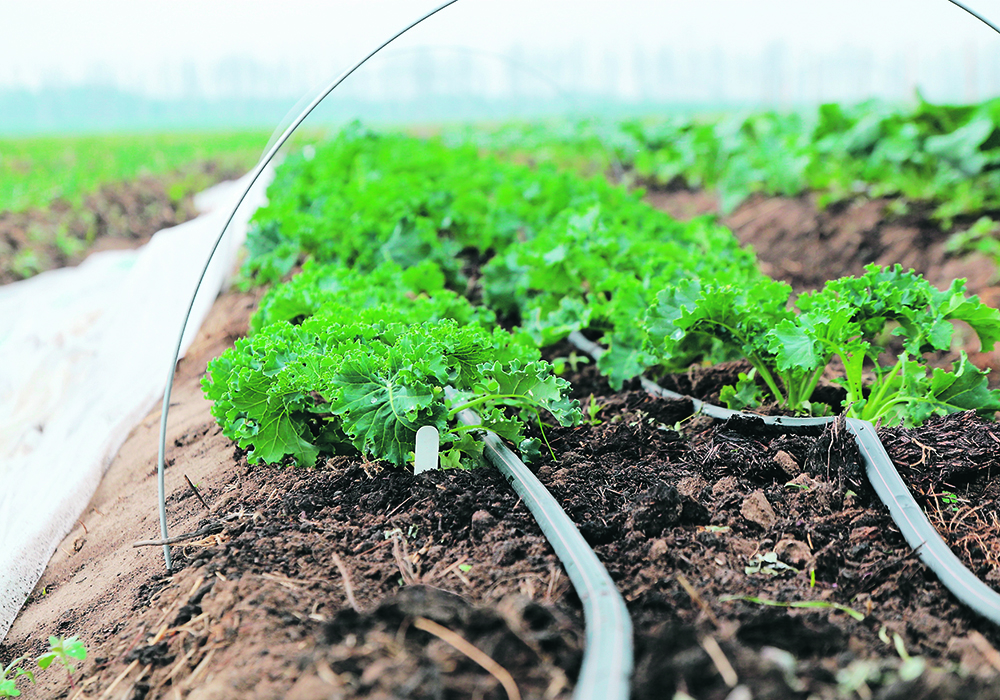Eating spinach and carrots every day will likely make you healthier — and those vegetables could also make you happier.
Research from the Grand Forks Human Nutrition Research Center, a U.S. Department of Agriculture facility in North Dakota, has determined that test subjects who ate vegetables were happier than people who didn’t eat broccoli and beets.
The happier conclusion is based on a questionnaire called the Subjective Happiness Scale, which scientists use to evaluate a person’s mood and hopefulness.
“We observed an increased in SHS scores in participants from the group that followed the… recommendations for vegetable intake, whereas SHS scores stayed the same for the control group, who didn’t change their diet,” said USDA research biologist Shanon Casperson in a release from mid-July.
Read Also

Farm auctions evolve with the times
Times have changed. The number of live, on-farm auctions is seeing a drastic decline in recent years. Today’s younger farmers may actually never experience going to one.
“Results suggest that increasing the amount of vegetables you eat every day may benefit your mental health.”
For the experiment, one group of adults, aged 18 to 65, received daily servings of cucumbers, peppers and other veggies. The other group ate their usual diet, without adding more vegetables.
After eight weeks, the group that consumed veggies had higher SHS scores than they did when they started the study. There was no change in perceived happiness from the control group.
“This finding suggests that (following)… vegetable guidance may help promote psychological well-being,” the study says. “Health-care providers might consider providing patients with information (about) the potential benefits of vegetable consumption on psychological well-being.”
That’s the good news from the study.
The bad news?
It’s still difficult to convince people to eat vegetables.
The research on happiness was part of a much larger research project on how to change eating behaviours.
Scientists at the Grand Forks Human Nutrition Research Centre gave subjects vegetables every day to test the idea that eating spinach and peppers would become a reinforcing habit.
That is, eating veggies for weeks could motivate adults to continue eating vegetables.
That didn’t happen.
The researchers learned that strategy is effective with peanut butter cups but not carrots.
“Unlike very tasty, less healthy foods, which become more reinforcing if you eat them every day, increasing the amount of vegetables eaten daily does not make them more reinforcing,” the USDA said in news release.
“(Thus) highlighting the difficulty of increasing vegetable consumption in adults.”
















